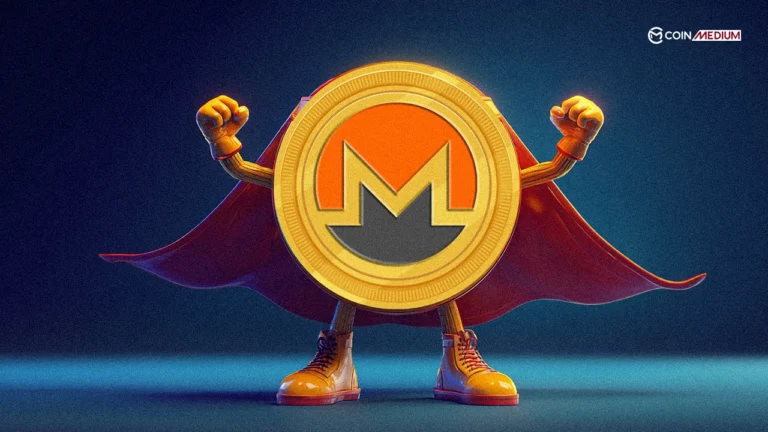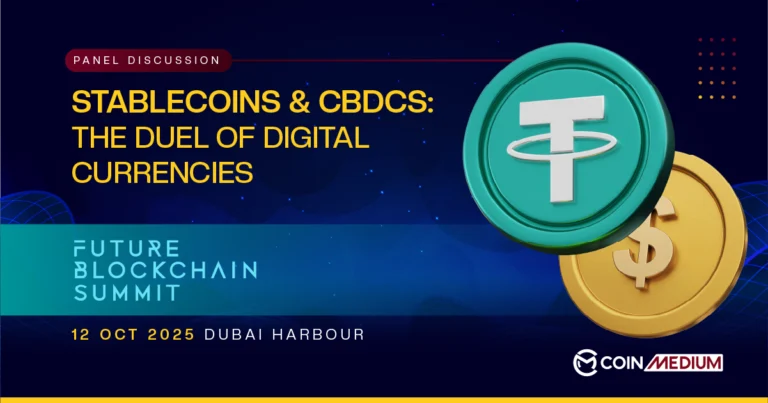Cardano’s main development team, Input Output Global (IOG), has secured approval to receive 96 million ADA (about $71 million) from the network’s treasury to move forward with key upgrades.
The proposal, which was supported by 74% of voters (200 in favor, 6 against, and 7 abstaining), outlines a 12-month roadmap aimed at improving scalability, developer tools, and interoperability.
Despite passing, the funding plan raised concerns within the community about its high cost and the need for stronger transparency and accountability.
To address these concerns, the funding will be released in stages based on progress. The member-based group Intersect will serve as an independent administrator, while a dedicated committee and smart contracts will provide additional oversight.
The upgrades include faster transaction speeds and a smoother onboarding process for users.
Cardano Upgrade Plan Led by Hydra and Project Acropolis
Some of the main initiatives in the IOG approved proposal include Hydra, a protocol designed to enable fast and low-cost transactions, and Project Acropolis, which aims to redesign the Cardano node architecture to make it more modular, flexible, and easier for new developers to contribute.
According to blockchain analytics firm Messari, Cardano’s average transaction fee is currently 0.34 ADA, with blocks produced roughly every 20 seconds.
As part of the upgrade, IOG also plans to reduce RAM usage, lower operating costs for stake pool operators, and lay the groundwork for more advanced smart contracts and cross-chain compatibility.
Cardano Community Raises Concerns
IOG’s vice president of community and ecosystem, Tim Harrison, said this is the first time Cardano’s core development has been funded directly through a community vote.
However, ahead of the vote, several community members raised concerns about the proposal’s high cost, how the funds would be used, and the level of transparency and accountability involved. Some suggested that the plan should be divided into smaller milestones, each with a separate vote and budget.
There was also a rival proposal from Cardano’s Technical Steering Committee (TSC), but it did not receive backing from Intersect.








